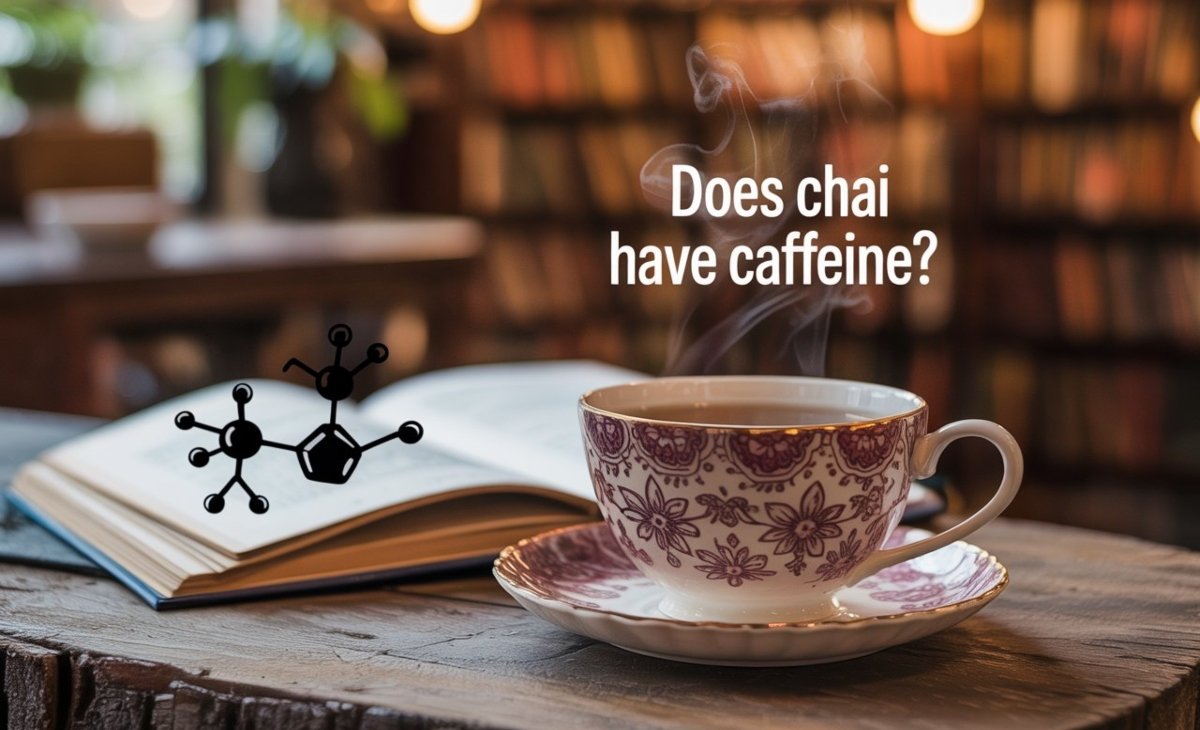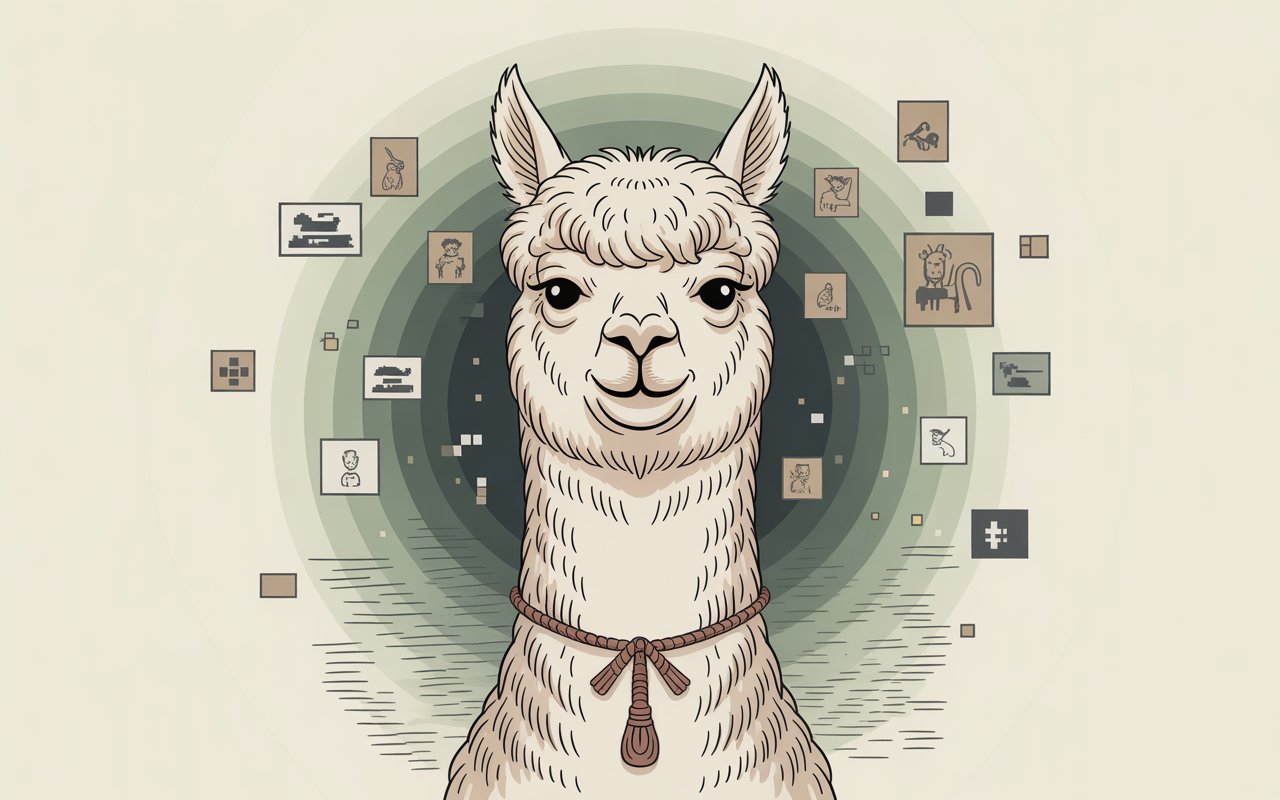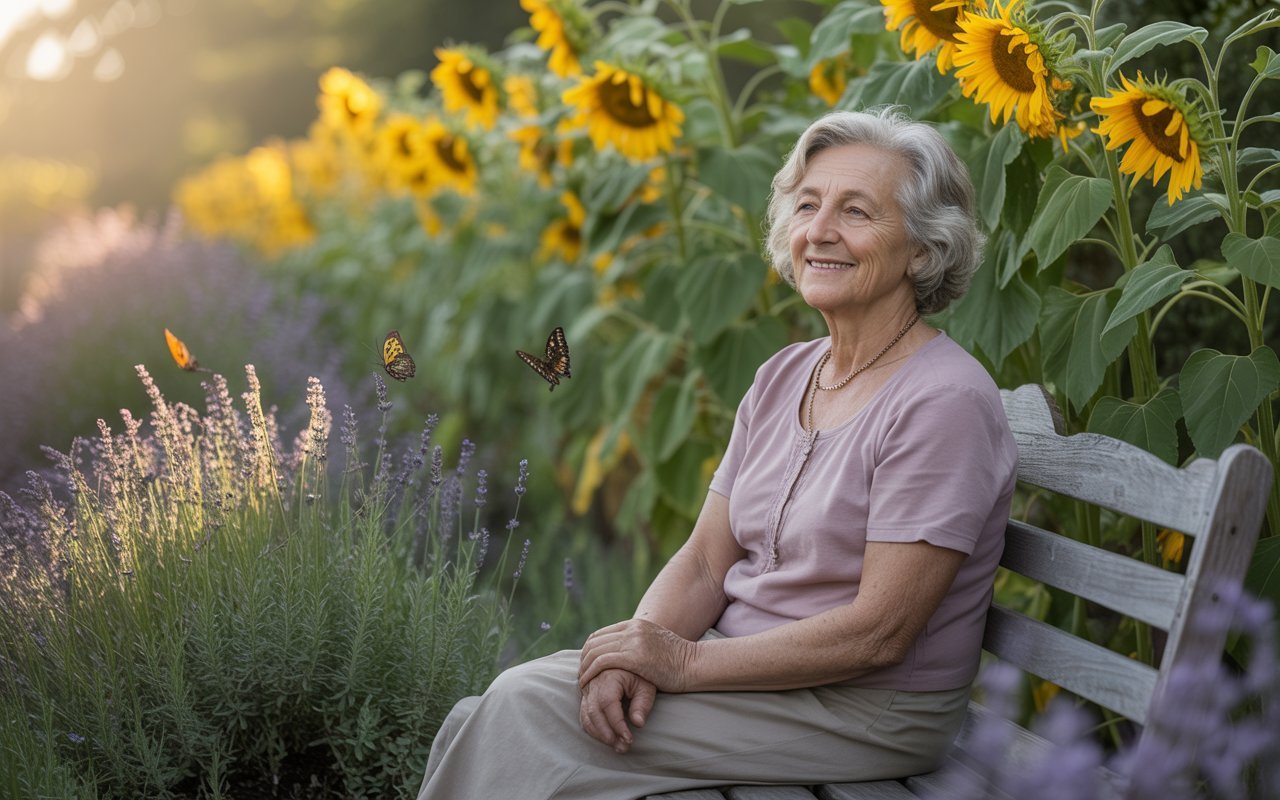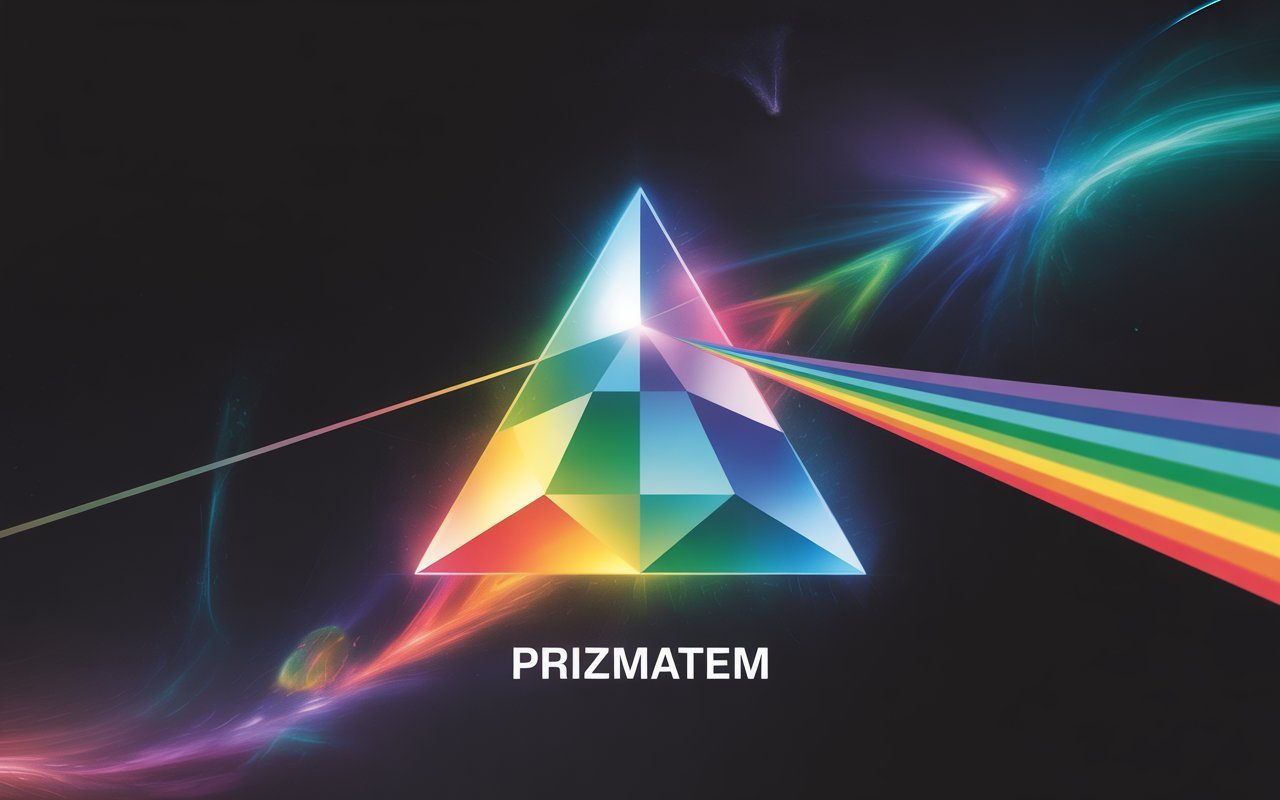If you’ve ever sipped on a steaming cup of chai and wondered, does chai have caffeine?, you’re not alone. Many tea lovers and coffee drinkers ask this question before deciding whether to add chai to their daily routine. The short answer is yes, chai contains caffeine—but usually less than a typical cup of coffee. The exact amount depends on how it’s made, the tea leaves used, and even how long it’s steeped.
In this article, we’ll break down everything you need to know about chai and its caffeine content—from traditional Masala Chai to coffee shop lattes—so you can decide if it’s the right drink for your lifestyle.
What Is Chai?
It is often called Masala Chai, is a traditional Indian drink that has been enjoyed for centuries. It’s typically made by simmering:
- Black tea leaves
- Milk (or plant-based alternatives)
- Spices such as cardamom, cinnamon, ginger, cloves, and black pepper
- A sweetener, like sugar or honey
This flavorful blend creates a rich, spiced tea that’s both comforting and energizing. The caffeine in chai comes from the black tea base. The spices themselves don’t contain caffeine, but they do influence how your body absorbs it—something we’ll explore shortly.
So, Does Chai Have Caffeine?
Yes does have caffeine because it’s made with black tea leaves. However, the levels are much lower than coffee.
On average, an 8-ounce cup of chai has between 30–70 mg of caffeine, depending on the brewing method. By comparison, a standard cup of coffee can contain around 95–200 mg. That means chai delivers only about one-third of the caffeine you’d get from coffee.
This makes great choice for people who want a gentle energy lift without the jittery highs and crashes often linked to coffee.
Factors That Affect Caffeine in Chai
The amount of caffeine in your It isn’t fixed. It can change based on several factors:
Type of Tea Used
Most traditional It is made with black tea, which naturally has caffeine. However, if green tea or rooibos is used instead, the caffeine content will be lower—or even zero.
Steeping Time
The longer the tea leaves steep, the more caffeine is released. A quick brew will give you less caffeine, while a longer steeping time will give you a stronger kick.
Concentrates vs. Loose Leaf
Coffee shop chai lattes often use powdered or syrup-based concentrates, which may have different caffeine levels compared to authentic loose-leaf Masala Chai. Some can even be decaf.
Serving Size
A small teacup and a large coffee-shop mug won’t have the same caffeine hit. Bigger portions naturally mean more caffeine.
Caffeine in Chai vs. Coffee
Let’s compare side by side:
- Chai (8 oz): 30–70 mg caffeine
- Coffee (8 oz): 95–200 mg caffeine
- Decaf Coffee (8 oz): 2–5 mg caffeine
As you can see, chai sits comfortably in the middle. It’s stronger than most herbal teas but gentler than a standard cup of coffee.
How Chai’s Caffeine Works Differently
Have you ever noticed that chai gives you steady, calm energy, while coffee can leave you wired and crashing later? That’s because chai contains tannins, which slow down the absorption of caffeine.
Instead of a quick spike and drop, It is offers a more gradual release of energy. Many people find it helps them stay focused and alert without the jitters.
This unique effect makes especially popular among those who want mental clarity and productivity without the overstimulation coffee sometimes causes.
Tips for Managing Caffeine in Chai
- Brew lighter: Shorten steeping time if you want less caffeine.
- Choose green tea chai: It naturally has lower caffeine than black tea.
- Go herbal: Try rooibos or chamomile-based chai for a caffeine-free option.
- Make it at home: When you prepare chai yourself, you control how much tea goes in—and therefore, how much caffeine.
Why Chai Is a Great Coffee Alternative
For coffee drinkers looking to cut back, It is offers the best of both worlds: enough caffeine to feel awake, plus warming spices that calm the body. Instead of the rollercoaster effect of coffee, It is delivers a smooth, balanced boost.
Many people even switch their afternoon coffee to avoid sleepless nights and reduce caffeine crashes.
Final Thoughts
Yes—but much less than coffee. On average, a cup of contains 30–70 mg of caffeine, giving you a steady and gentle energy boost instead of a jolt and crash. The exact amount depends on the type of tea, brewing time, and serving size, It is remains a moderate and balanced choice for most people.
Whether you’re looking to cut back on coffee, enjoy a flavorful tea, or simply explore new drinks, It is a delicious option worth trying. If you’re sensitive to caffeine, you can always opt for decaf or herbal chai blends.
Next time someone asks, does have caffeine?, you’ll know the answer—and maybe you’ll convince them to enjoy a cup with you.
Common Questions About Chai and Caffeine
1. Is chai considered high in caffeine?
No, It is moderate in caffeine. It contains less than coffee but more than most herbal teas.
2. Can I drink chai at night?
If you’re sensitive to caffeine, It is might keep you awake if consumed late. But many people enjoy it in the evening without trouble—especially if made with decaf or herbal bases.
3. Does chai give you energy?
Yes, It is provides a natural energy boost. Thanks to its mix of caffeine and spices, it offers focus and alertness without the crash.
4. Are there caffeine-free chai options?
Absolutely. You can buy decaf blends or herbal versions made with rooibos or chamomile that deliver the same spiced flavor with no caffeine.





